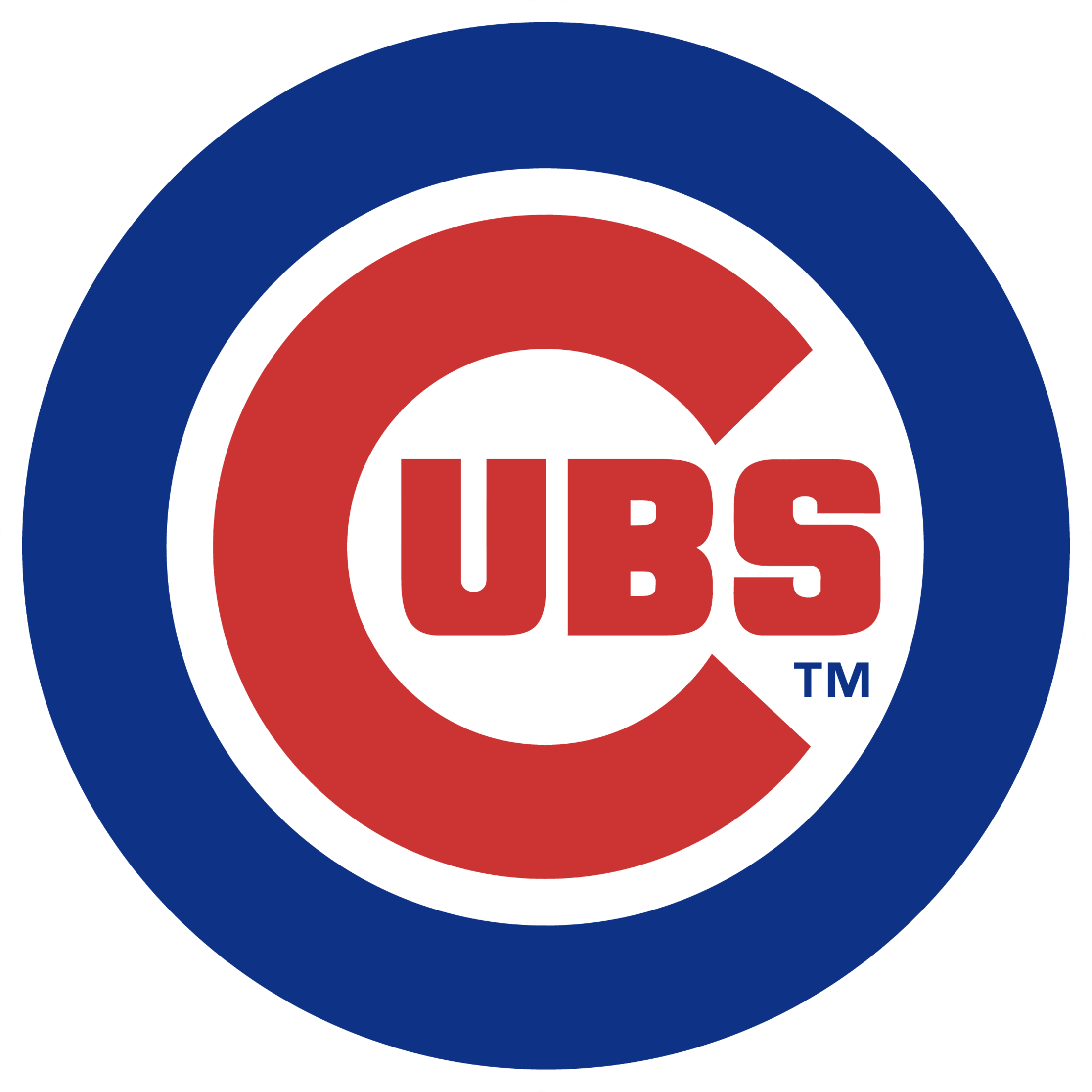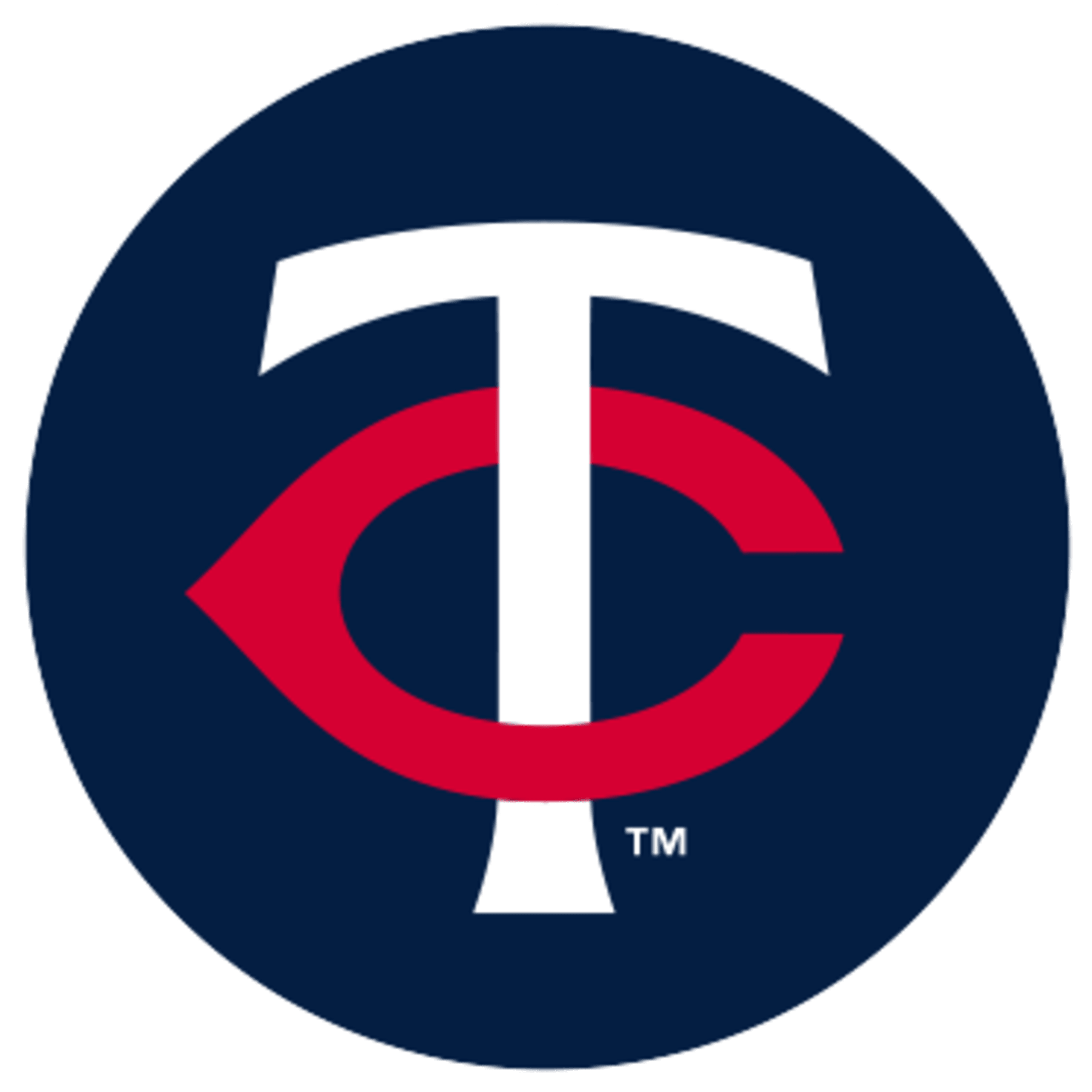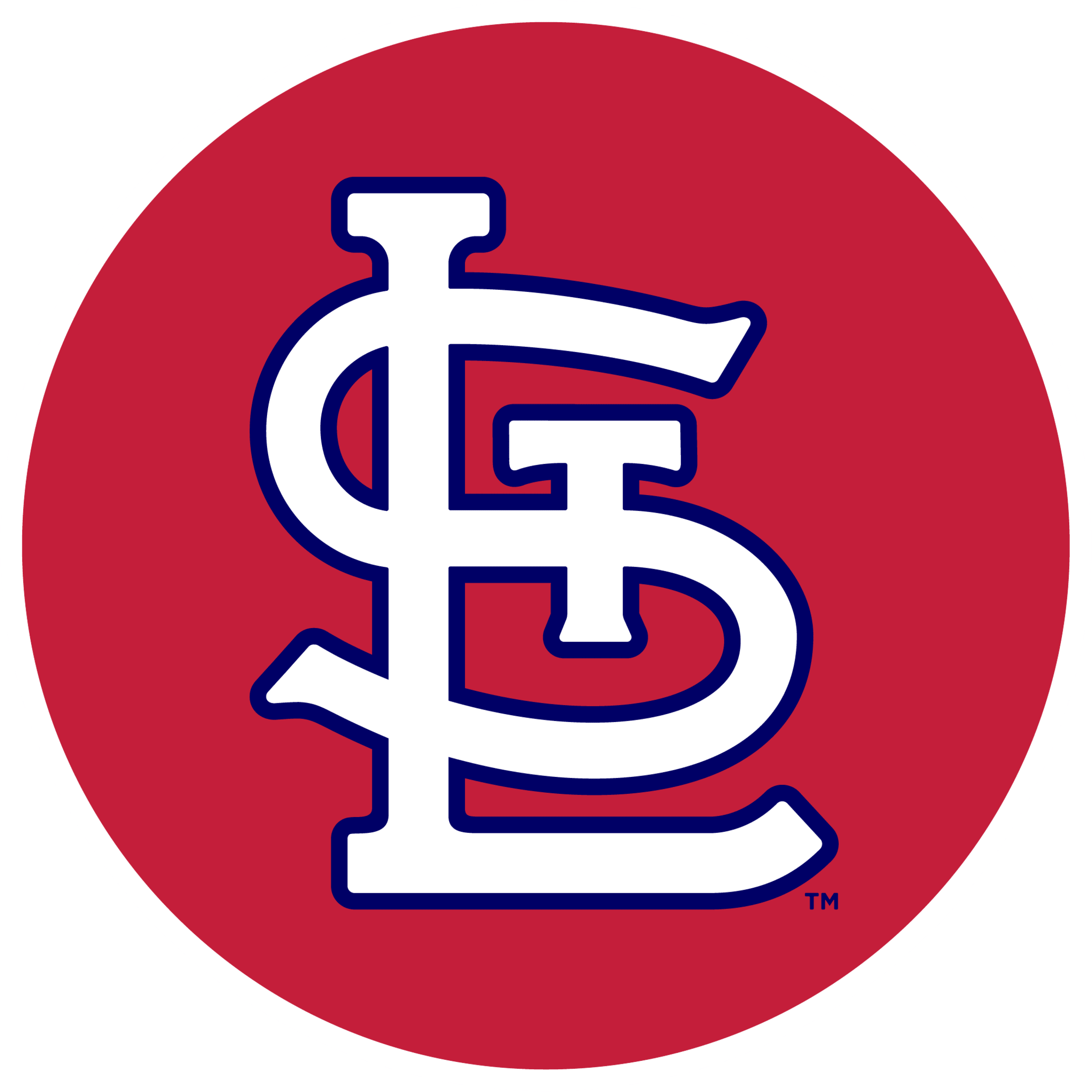
First Round











Compensation for unsigned 2021 first-rounder Kumar Rocker



















Compensation Picks
If a team that loses a qualifying free agent is a revenue-sharing recipient, and the lost player signs for at least $50 million, the team is awarded a compensatory pick between the first round and Competitive Balance Round A. If the player signs for less than $50 million, the compensation pick for the team comes after Competitive Balance Round B.

Compensation for Trevor Story, who signed with the Red Sox. Boston forfeited its second-round pick, as well as $500,000 from their international bonus pool for the upcoming signing period

Compensation for Nick Castellanos, who signed with the Phillies. Philadelphia forfeited its second-round pick, as well as $500,000 from their international bonus pool for the upcoming signing period.
Competitive Balance Round A
All teams that have either one of the 10 smallest markets or 10 smallest revenue pools receive an additional pick at the end of the first or second round. The groups of teams alternate between the two rounds each year.
Competitive Balance picks may be traded and are not subject to forfeiture. However, Competitive Balance picks acquired by another club in a trade are subject to forfeiture.



Received from the Royals via trade.




Second Round

The Dodgers’ first pick drops 10 spots, from 30 to 40, due to exceeding the competitive balance tax threshold.

Compensation for unsigned 2021 second-rounder Jud Fabian.

























If a team that loses a qualifying free agent does not receive revenue sharing and did not exceed the luxury-tax salary threshold the previous season, it is awarded a compensatory pick after Competitive Balance Round B.
J.T. Realmuto, Phillies - Re-signed with Philadelphia. No compensation involved.

Compensation for Noah Syndergaard, who signed with the Angels. Los Angeles forfeited its second-round pick.

Compensation for Freddie Freeman, who signed with the Dodgers. Los Angeles forfeited its second-round pick and compensation pick following the fourth round (a compensatory pick for Corey Seager signing with the Rangers).

Compensation for Marcus Semien, who signed with the Rangers. Texas forfeited its second-round pick.

Compensation for Robbie Ray, who signed with the Mariners. Seattle forfeited its third-round pick.

Compensation for Eduardo Rodriguez, who signed with the Tigers. Detroit forfeited its third-highest pick.

Compensation for Carlos Correa who signed with the Twins. Minnesota forfeited its third-round pick.
Third Round


























Fourth Round






























Compensation picks
If a team that loses a qualifying free agent does not receive revenue sharing and did exceed the luxury-tax salary threshold the previous season, it is awarded a compensatory pick after the fourth round. The Dodgers received a compensatory pick when Corey Seager signed with the Rangers but subsequently lost it as part of the penalty for signing Freddie Freeman.
Remaining rounds






























